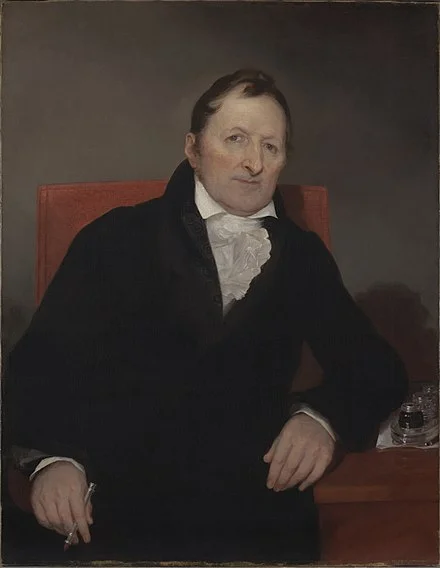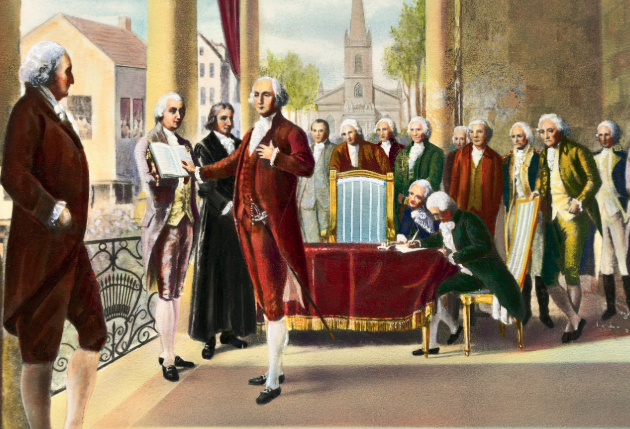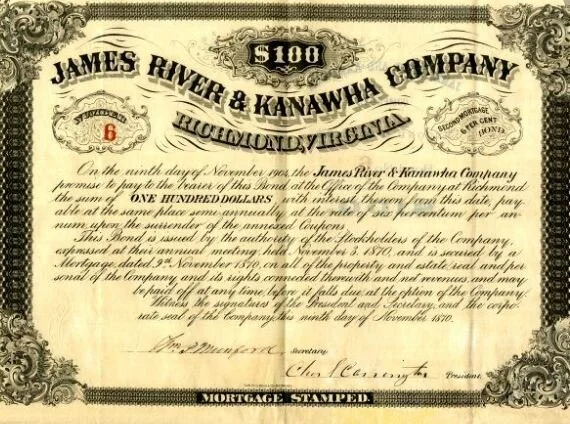George Washington And The Rules Of Civility
In writing for Founder of the Day, I endeavor to keep modern politics off the site. As an historian, I make every effort to be as unbiased as possible and discussing anything regarding today’s political scene would make that, well, impossible.
However, certain events this week have evolved into #GeorgeWashington trending on twitter. Since this is an exceedingly rare occurrence, I decided to take advantage and publish my third essay regarding the First President.
Does that make me a sell out?
Yup.
What can I say, I’d like for this website to be popular (tell all your friends/share/retweet - *wink-wink*).
Since a major reason George Washington was so respected by his peers was the manor in which he carried himself, I thought we’d go back and take a look at part of his education. Today we will be review Washington’s Rules of Civility, a list of behaviors he wrote as a young man that seemed to have effected his character throughout his life.
The Rules and Washington
At age 16, George Washington wrote out one hundred and ten Rules of Civility. With the full title of Rules of Civility and Decent Behaviour in Company and Conversation, this task was most likely given to him by a teacher with the goal of practicing his penmanship. It also had the added bonus of instructing the teenager in the appropriate means of carrying himself in public.
What is really interesting regarding these rules is how selfless they are.
The goal, primarily, is to treat others appropriately while carrying yourself in a manner that is appealing to the world. Granted, this method of acting civilly generally leads to gaining the respect and admiration of others. Reading through the Rules seems to coincide directly with the image of George Washington we have in our mind today. It should come as no surprise that of the thousands of documents Washington left behind, these Rules are one of the most popular.
A General Assessment of the General’s Rules
To be honest, many of the Rules are outdated.
There are several Rules which discuss how to treat people in different levels of society, such as taking off your hat and the manner with which to seat people of higher social status at the dinner table. If you are not addressing a superior officer in the military (or really trying to impress your boss) then some can be ignored.
Additionally, some of these Rules are extremely tedious. Let’s just say, more than one of them discuss how to properly cut your bread.
No, seriously, there are three rules about properly eating bread. (My wife just caught me laughing out loud while writing this paragraph, in direct violation of Rule the 47th. What can I say? Washington’s bread concerns are hilarious.)
It is also extraordinary, in my opinion, how many of the rules we would feel are ‘common sense’ today. For example, the 73rd Rule advises to ‘think before you speak.’ Another example is Rule 15 which instructs you to ‘keep your nails clean and short.’
Several are just general knowledge which most of us know will assist a person in winning friends.
Washington’s Rules can be found all over the internet, but if you’d like to peruse them I recommend going here. This site’s introduction is very good.
Also, if you’d like to learn more about Washington’s early life, you might enjoy an article I wrote about him a few months back which can be found here. Other than Benjamin Franklin (2 articles) Washington is the only Founder I’ve written about more than once so please take advantage of that.
Lastly, if you’d like to own a copy of the Rules of Civility for yourself, you can find the same small version I keep on my coffee table below. If you purchase through the Amazon link, we make a small commission but your price stays the same.






